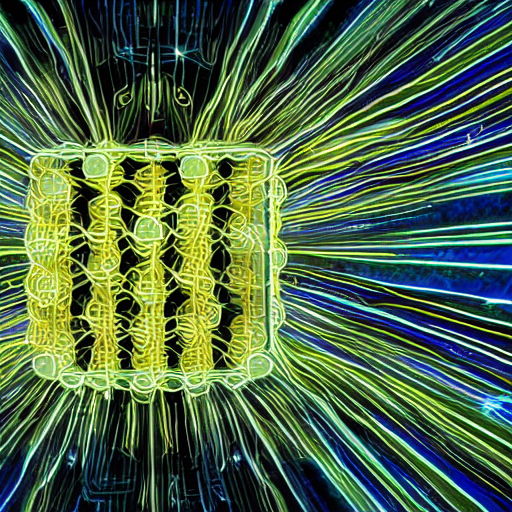Does the number of qubits tell you the whole story?
- Alexey

- Oct 27, 2022
- 2 min read
When you think about quantum algorithms, other elements are equally important, but quantum memory (QRAM) is sometimes overlooked.

Almost always, the number of qubits is just misleading. However, there are some cases when you can use just the number. It all ties in with the abstraction level we decide to take when we tell the story. QRAM comes when the discussion becomes very technical, which is not always right. Let's break it down in order.
We all tell stories to different people. We are limited in time to present. We want to keep the story understandable and concentrated. Sometimes it is OK to speak only about the number of qubits when you talk about quantum-related topics. On that highest level of abstraction, only qubits are OK. But that level of abstraction is not appropriate in the majority of the cases and is often inappropriately used and flows into topics where other elements are even more important.
Therefore, the amount of detail should generally correspond to the level of discussion. I think an explicit referral to the level of abstraction in the discussion is a good practice and could dispel possible misleading conclusions.
Going back to the original question, on what level of abstraction does quantum memory appear?
One step down in my imaginary abstraction model and we get to another vital element which is the system decoherence time. It defines the length of the program we can run. One more level down, and we have gate execution time. Faster is better. Still no quantum memory.
At this point, you may be wondering what that imaginary abstraction model is. It is not a well-defined scientific model; it is just my experience of how discussions usually go. You may google for DiVincenzo's criteria to have a more structured view.
Quantum memory or QRAM usually appears at the bottom, where the discussion becomes technical. It plays a vital role in loading classical data into a quantum algorithm. Obviously, you need to do that at the beginning of an algorithm. Many education materials show-case algorithms using naive examples where QRAM is not needed. But in any more or less real-world problem, this problem becomes in full.
What makes QRAM more critical is that loading classical information into a quantum algorithm is exponentially expensive in the general case. That cancels out any advantage an algorithm can give.
Enjoy reading this research paper that shows one of the ways how to construct a quantum memory. The memory lifetime wass improved by two orders-of-magnitude upon the state-of-the-art, surpassing reported times for entanglement distribution.




Comments